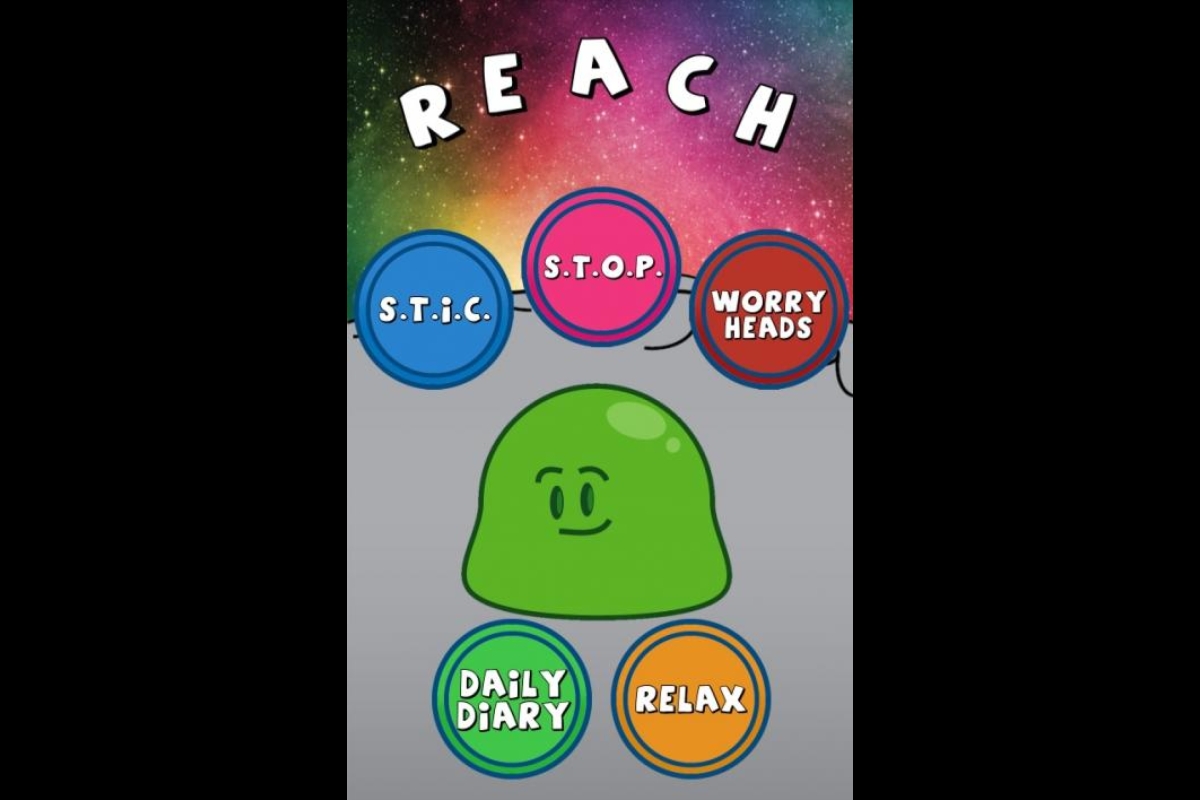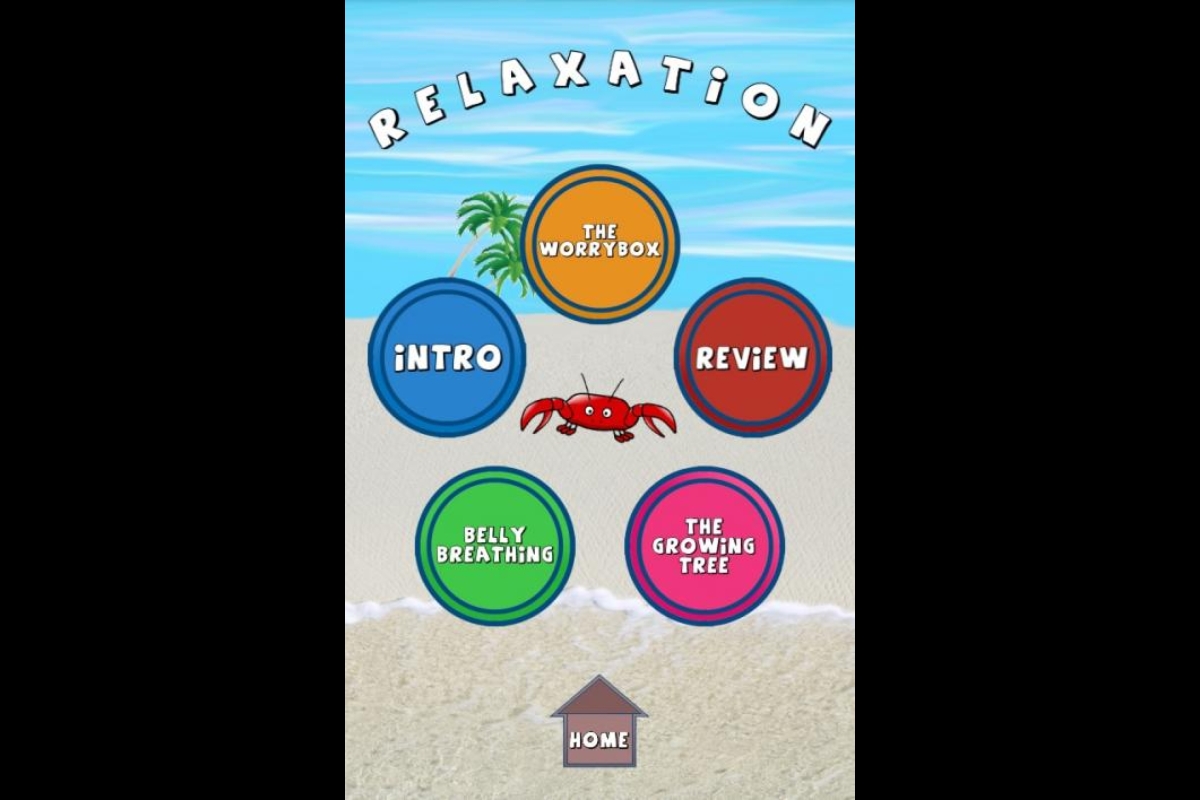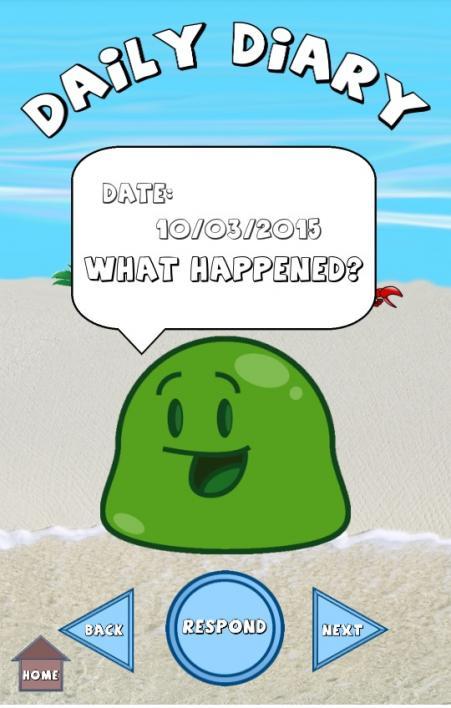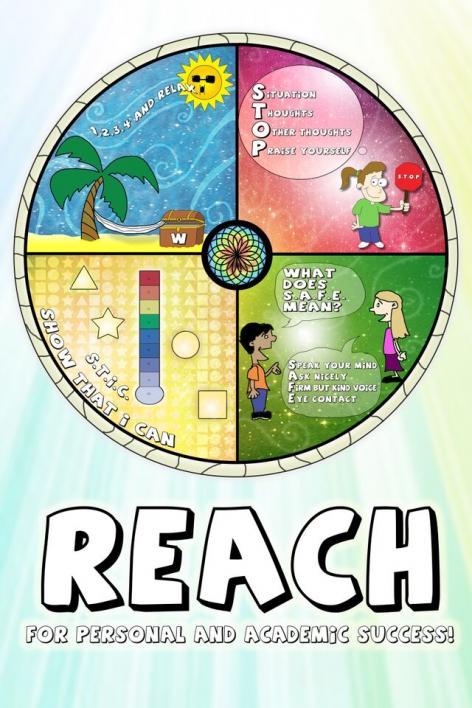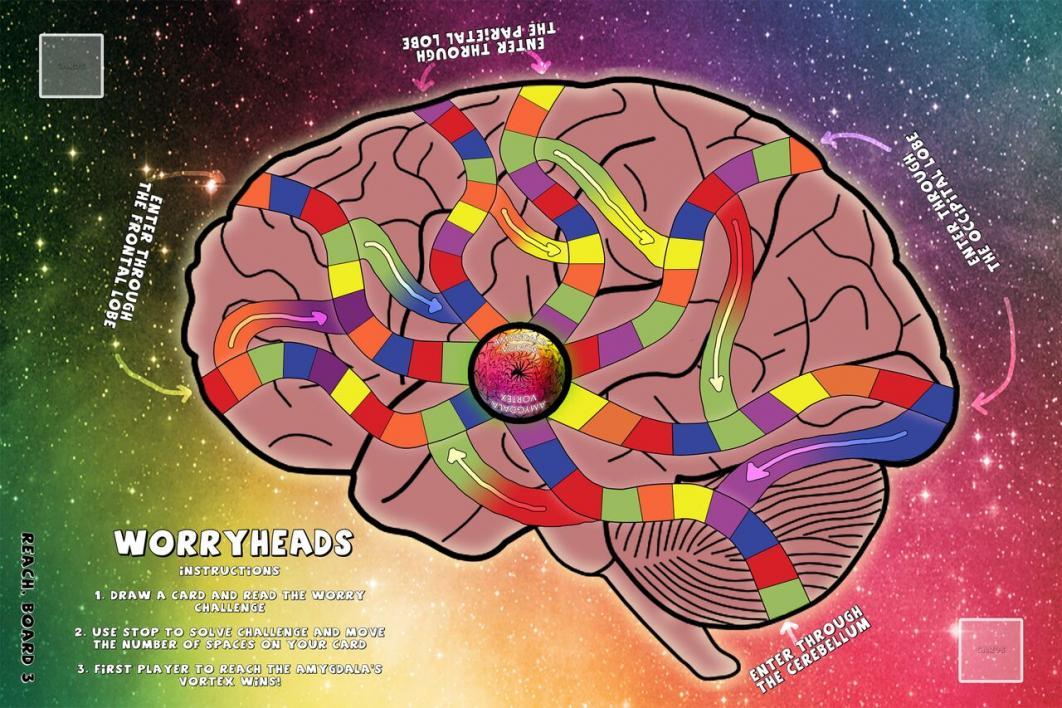Most people have had times in their life when they’ve been too nervous to raise their hand in class or ask a crush out on a date.
But not everybody knows what it’s like when those tendencies interfere with daily life, making simple things like going outside or speaking to strangers nearly impossible.
That’s what can happen to someone whose anxiety disorder goes untreated, according to Arizona State University associate professor of psychologyThe Psychology Department at ASU is part of the College of Liberal Arts and Sciences. Armando Pina.
“Anxiety is a normal emotion that everyone experiences. But sometimes anxiety gets a little bit out of control. And sometimes it gets very out of control. And once it begins to get out of control or impair kids, then it begins to affect other areas of their lives,” he said.
Pina has been researching and implementing anxiety prevention strategies for children in grades three through five for the past five years with a program called REACH for Success.
“This is one of the most common problems in kids, period,” said Pina. “The prevalence of anxiety ranges from something like eight to 12 percent, and as high as 35 percent in adolescents.”
The program was developed as part of a grant funded by the National Institute of Mental Health.
Through REACH, Pina and fellow researchers work with local school districts to distribute materials and train teachers and school psychologists on how to use them to prevent and treat symptoms of anxiety in at-risk children.
The trial time for the program at each school is six weeks long and is comprised of six, 20 minute sessions in which students utilize materials such as board games or a mobile applicationPina’s team worked with associate professor Kevin Gary and assistant professor Ashish Amresh in ASU’s Ira A. Fulton Schools of Engineering to develop the app. — which has just recently begun testing in schools — to learn tools necessary for coping with anxiety.
After the six week trial, children showed significant reductions in worries, improvements on emotion displays and expressions, and more confidence in coping with stressful situations at school.
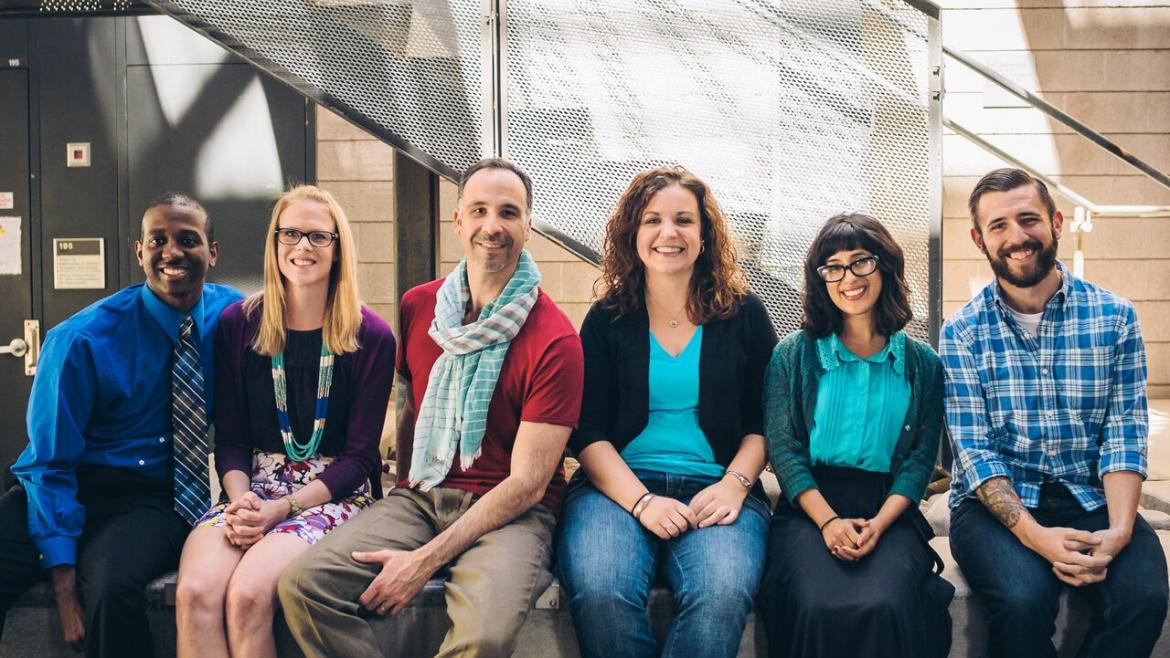
Armando Pina (third from left) and his team at ASU's Department of Psychology have worked to implement the REACH for SuccessREACH for Success is part of several evidence-based programs developed within the ASU REACH Institute. program at local schools to help children cope with symptoms of anxiety.
Photo by Ryan Stoll
When they were evaluated a year later, the results were even better; the children showed greater reductions in anxiety (as rated by the child and their parent/s), even fewer body signs of anxiety (such as their heart beating fast, sweating, stomachaches) and better social skills. The children showing the most reductions in worries also began to perform better when taking tests.
The program, said Pina, is unlike any other before it.
“We now have a streamlined, simple, quick way to help kids that can be used in the schools. This program was designed for delivery in the schools by school staff because when we leave, we want them to still be able to do it,” he said. “And we have results that show that it works.”
It also addresses the issue of anxiety at a time that is most crucial.
“Third graders, fourth graders, fifth graders … that’s a developmental period where kids are changing really fast, and that’s really the best time (to intervene),” Pina said, because, “anxiety typically doesn’t go away by itself. And it interferes with kids’ abilities to make friends, to develop meaningful relationships with peers, to develop social skills.
“These kids, if you don’t help them, go on to develop depression and many of them become addicted to substances.”
The issue of children’s mental health in general is something Pina believes everyone should care about.
“Whether you have kids or not, kids are going to grow up and they’re going to move society forward," he said. "They’re going to be your doctors, they’re going to be your teachers; that’s the future. It’s very simple.”
With that in mind, Pina is looking forward to attending an upcoming fundraising event at Phoenix Children’s Hospital.
The event is being hosted by the Institute for Mental Health Research, with co-sponsorship from ASU’s Department of Psychology, and will feature a lecture by prominent child psychiatrist Judith Rapoport.
Rapoport, chief of the child psychiatry branch of the National Institute of Mental Health (NIMH), will discuss important research advances that are improving the treatment of children with mental health disorders.
“It’s a good cause that supports faculty and researchers and families, not only that are linked to ASU but to the community in general,” said Pina. “It’s a good, solid community event.”
“An evening with Judith Rapoport” will take place from 6 to 8 p.m., Thursday, Nov. 5, at the Phoenix Children’s Hospital, Mel Cohen Conference Room in the Rosenberg Children’s Medical Plaza.
More Science and technology

ASU-led space telescope is ready to fly
The Star Planet Activity Research CubeSat, or SPARCS, a small space telescope that will monitor the flares and sunspot activity of low-mass stars, has now passed its pre-shipment review by NASA.…

ASU at the heart of the state's revitalized microelectronics industry
A stronger local economy, more reliable technology, and a future where our computers and devices do the impossible: that’s the transformation ASU is driving through its microelectronics research…

Breakthrough copper alloy achieves unprecedented high-temperature performance
A team of researchers from Arizona State University, the U.S. Army Research Laboratory, Lehigh University and Louisiana State University has developed a groundbreaking high-temperature copper alloy…



